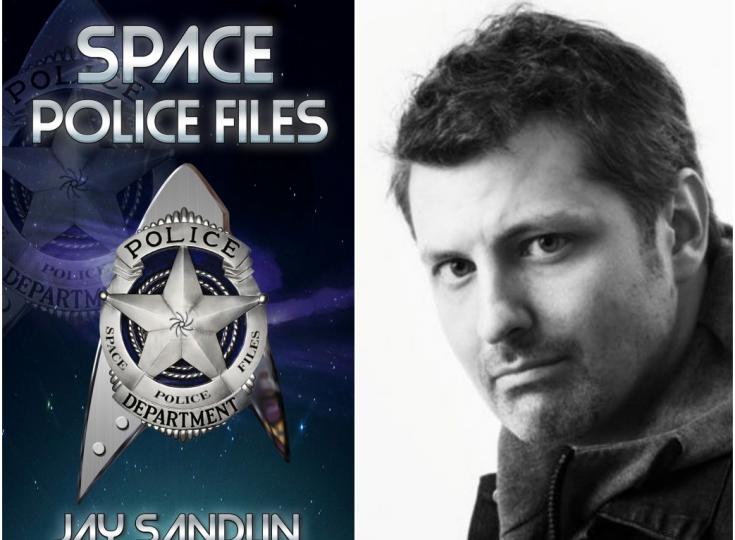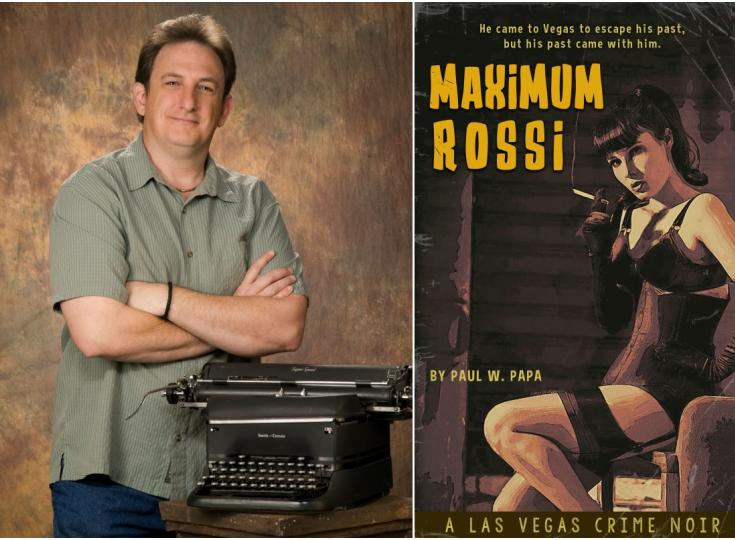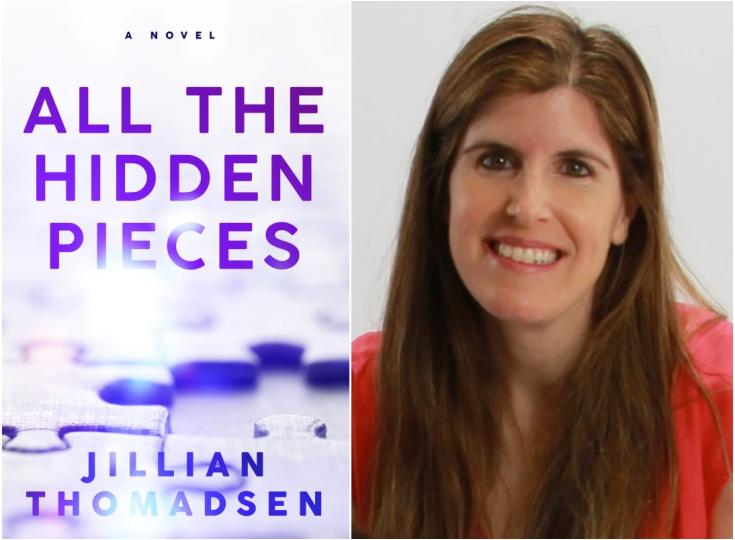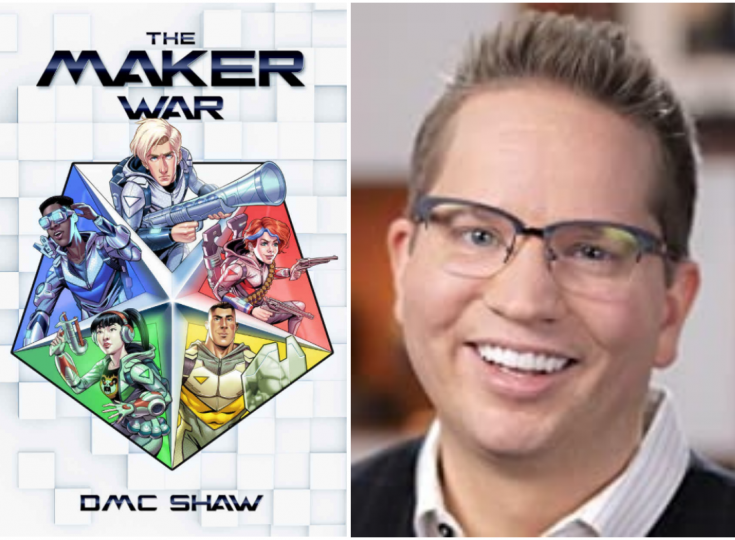Elizabeth Sims - Acting, Judgement and Thrills
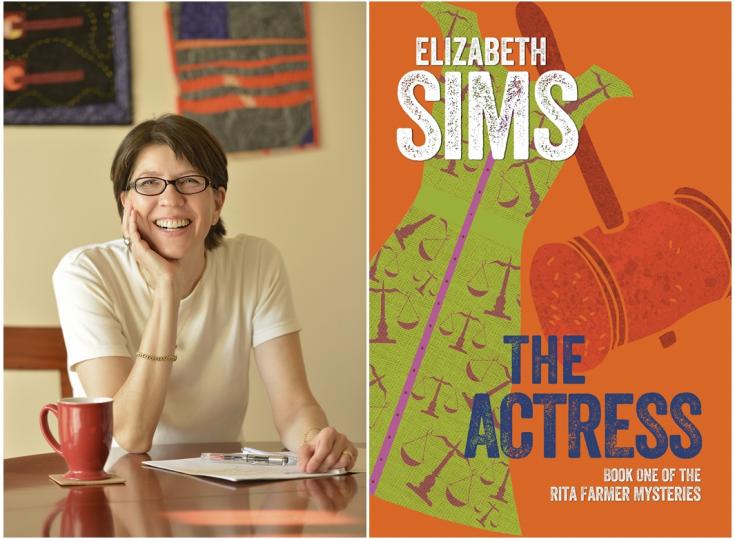
While watching a true crime TV program, Elizabeth Sims realized that the jury often strongly reacts to how the accused acts - picking up on body language, appearance and other cues. This inspired Sims to write The Actress. As our Author of the Day, Sims reveals the research that went into this book, talks about how Rita Farmer is a reflection of herself and gives us a peek into what she is working on now.
Please give us an introduction to what The Actress is about.
Aspiring actress and single mother Rita Farmer has gone from struggling to find work to downright desperate. If she doesn't land a paying job soon---horror movie, soap commercial, anything---she's afraid her ex-husband will use her dire financial straits to take away Petey, her cherished four-year-old son.
While she's charming the crowd at storytime at the L.A. Public Library, a celebrity defense attorney approaches her with an unusual job offer: So long as she's discreet, Rita can rake in a thousand dollars a day preparing his client for her appearance in court. Easy money? Hardly. His client, Eileen Tenaway, is not only a wealthy heiress and a queen of the tabloids but she's been charged with the murder of her own child. The attorney needs Rita to coach Eileen secretly to help her seem more sympathetic, more human. He needs the jury to believe not only her words but the subtle cues of body language, facial expressions, even vocal style.
Rita knows she can do it, but what she doesn't know is how determined she'll become to find out what really happened to Eileen's family---once her own life and Petey's life depend on it. The Actress, Elizabeth Sims's engrossing series debuting a spirited sleuth, delivers a fresh, behind-the-scenes look at Hollywood's high society at its lowest.
What inspired you to write a story about an actress who has to give a client “acting classes” in order to testify in court?
I was watching a true-crime TV program about a mother who had been tried and convicted by a jury of murdering her little boy. The jurors were interviewed about the verdict afterward. They all said things like, “She didn’t seem sorry that her little boy was dead,” and “She just seemed guilty,” and so on. Not one of them said a word about the evidence! Now, I don’t know whether the woman was guilty or innocent, but I thought, “They convicted her based on her affect: the way she looked and acted.” I thought that was the most appalling, chilling thing in the world. That led to the idea of a novel about an actress who gets hired to secretly help an unsympathetic defendant seem more likeable and sympathetic to a jury. My agent thought if I could write such a novel, she could sell it. And that’s what happened!
Have you always known you wanted to be a writer? Where does your love for storytelling come from?
As a child I was good at language and telling stories, and I loved to read. Probably the most important event in my early life was that when I started the first grade, my mother started college, at the age of 40. She wanted to be a high school English teacher, and she accomplished that. As soon as she began her college studies, she brought home all kinds of books, right at the same time I was learning to read! I read all kinds of things. Some of it was way too old for me, some of it I couldn’t understand, but I read pretty much everything I could. I was amazed by the anthology of children’s literature Mom brought home. I mean, I could just sit with it across my lap and read and read, stories and poems and songs about mythical creatures, from all over the world. My mother’s reverence for books and authors was profound, and I absorbed that. What a gift!
When I got older, I started to write—just short stories and poems, at first. But eventually, well into adulthood, I decided I’d better write a novel. That novel remains unpublished, but it won the Tompkins Award for graduate fiction at Wayne State University. And that encouraged me to keep going.
How important do you think acting is in court cases?
Well, as I said a moment ago, it can be extremely important. Humans react strongly to, and make judgments about, body language, appearance, and other cues. When you’re on a jury, you’re supposed to be impartial, but we all know that doesn’t always happen—sometimes juries get suckered by fancy arguments, or by their own prejudices. So everybody’s trying to get an edge. You put on a costume, you walk into the courtroom, and you play a role. That’s why a scruffy, bearded defendant will, if he’s smart, get neatly barbered and shaved, and wear a suit to court instead of a t-shirt with a cartoon on it. That’s why a nasty, self-centered person will try to appear caring and warm.
Tell us more about Rita Farmer. Who is she and what “makes her tick”?
Rita is a bit of an alter ego for me. I’d always wondered what it would be like to be petite and pretty, so I created a main character who was. I write Rita in the first person, so I get to inhabit her, including her persona. She pretty much puts it all out there. Rita is a little bit scared of life and its challenges, but being a single mom makes her courageous. She has to take care of her son, Petey, who’s a wonderful kid: equal parts charming and infuriating. And like mamas of all species, Rita is protective, and she takes initiative to ensure hers and Petey’s safety. She’s smart enough to know when to recruit help, and she hates backing down from a fight. Rita is a good, inventive actress, yet Hollywood is a scorpion jar. She likes to keep her options open.
I might add that the main feature of this series is Rita using her acting skills to solve crimes. The next book in the series, THE EXTRA, is very much about costume and impersonation. The third, ON LOCATION, takes Rita to the wilds of the Pacific Northwest where she encounters characters she never dreamed existed.
What kind of research did you do for THE ACTRESS?
I lived in California for ten years, and spent quite a bit of time in Los Angeles, so I felt comfortable with the geography and culture. To learn more about what was like to try to make it in show business, I reached out to a couple of friends who were professionals. I tagged along with my guy friend to auditions for TV commercials, and listened to my gal friend talk about what it was like dealing with creepy directors (a.k.a. the modern-day casting couch). Everybody has audition stories: hopes and dreams and humiliations, all wrapped up in the relentless sunshine, traffic jams, and rent bills of L.A.
I drove around for days, cementing locations and feelings in my heart and brain, striking up conversations with strangers who were happy to talk about their lives and work. For instance, a sheriff’s deputy at the courthouse told me how prisoners, on their trial days, were kept ‘backstage,’ as it were, and what it was like.
Besides writing, what other secret skills do you have?
It’s funny, there are so many other things I do. For one thing, I’m a symphonic percussionist, playing the timpani in a couple of ensembles in the Tampa (Florida) area. Rehearsing and performing helps inform me as an artist, and it nourishes my soul! I also play folk and bluegrass music on the mandolin, though I’ve gotten a little rusty on that lately. I golf and swim. I’ve worked as a professional lifeguard, wrangled sheep and llamas, felled trees, and made my own backpacking equipment. I love to draw, and my dream is to travel the world with just a sketchbook! I also work with select clients, doing writing coaching and developmental editing. That sprang from my work writing articles for Writer’s Digest magazine, which I’ve been doing for more than ten years.

Your book contains a couple of twists. Did you plan them all out before you started writing?
Yes, my agent, Cameron McClure at the Donald Maass agency, basically forced me to work out the story in quite a bit of detail before she thought I should write it.
What types of books do you read for your own entertainment?
I love to read eclectically. Most people assume I’ve read every mystery and thriller there is, but I find many such novels, especially some of the current crop, sloppily written and predictable. I love great literary fiction, and I like to re-read favorite classics. Beautiful style appeals to me, because I like to forge and hone my own words carefully. Also, I love to read nonfiction: inspiring biographies of adventure and courage, as well as pop culture and political commentary.
Do you have any interesting writing habits? When, where and how do you write?
For a long time, I wrote all my original material longhand, then typed it into digital form (or, in prehistoric times, onto typing paper), so that I had more or less a draft-and-a-half at that point. As you can imagine, that’s a time-consuming process. I tend to spend a lot of time in my home office and coffee shops working. But very recently I’ve begun to use dictation software, and I have a feeling it’s going to transform my process. I took my tablet device to the seashore the other day and sat beneath some shade, closed my eyes, and told a story into the microphone. I was pleased with how smoothly it went!
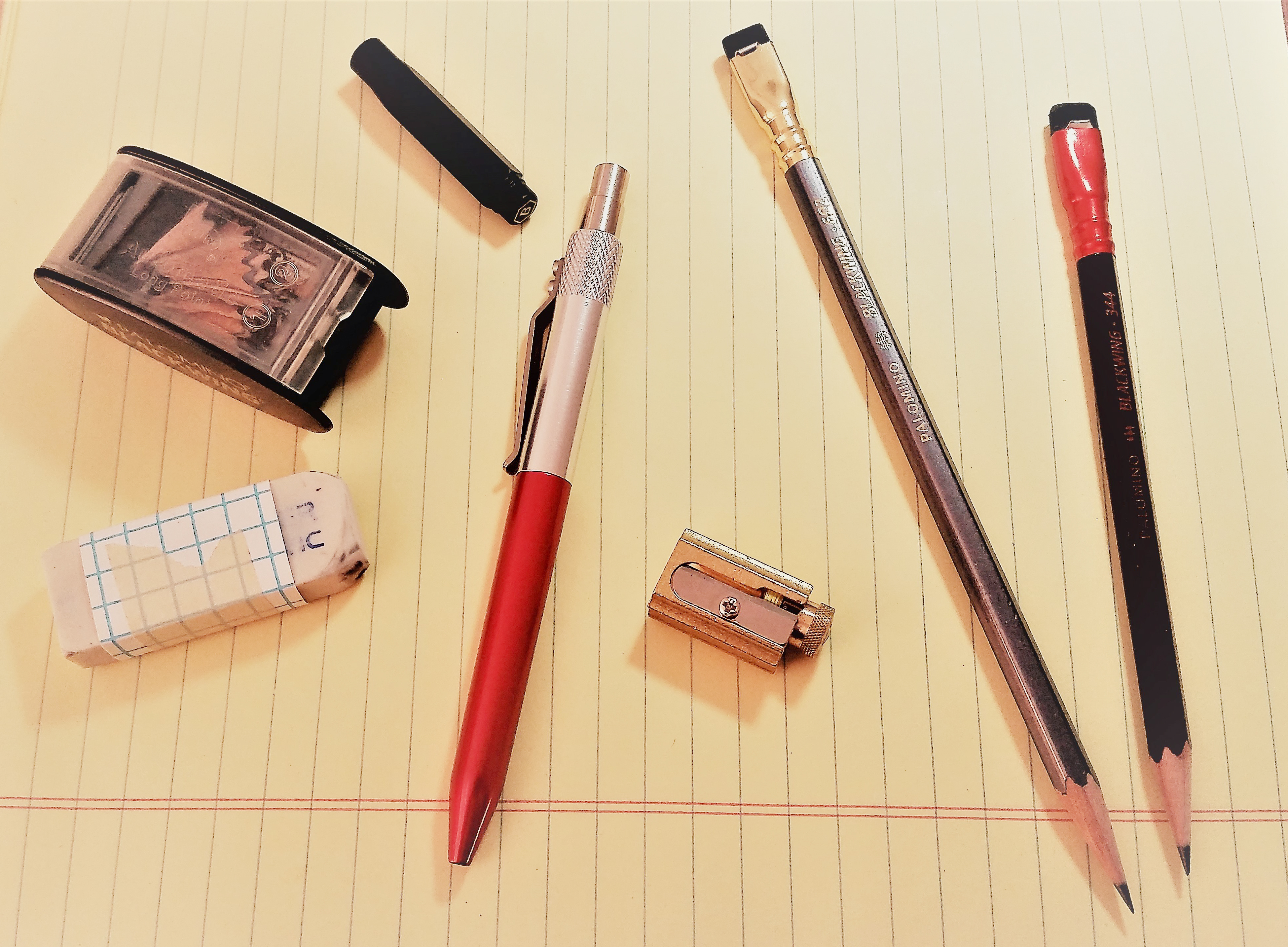
Would you call yourself a disciplined writer – do you aim for a set amount of words per day?
Oh, yes, if you’re a professional—or want to be one—you have to be disciplined. On working days, my minimum is a thousand words, and it’s usually 1,500 to 2,000.But with the dictation software, I think my output could improve dramatically. I’m aware that I need to guard against getting too wordy, though. I’ll always put out my best.
Where do you go for inspiration?
I mentioned the seashore, which is a wonderful resource when you live in a coastal area. I also love to go to art museums, especially ones with deep collections from all periods. The Metropolitan in New York City just blows me away. But there’s something to enjoy at any museum—how can you ever look long enough to fully appreciate everything? You could lose yourself all day in one painting or sculpture.
Besides that, I like to read true crime and watch true-crime documentaries.
What are you working on right now?
I’m in the final stages of polishing some short stories to send out to magazines and see if anything hits. Also, I’m planning next novels in both the Rita Farmer series and my other series, the Lillian Byrd crime novels. I have plans to publish more craft-of-writing material to build on the success of my instructional title, ‘You’ve Got a Book in You: A Stress-Free Guide to Writing the Book of Your Dreams.’ On top of that, I’m really trying to get better at marketing and promo. Gotta keep potatoes on the table!
Where can our readers discover more of your work or interact with you?
You can email me from my web site: elizabethsims.com, as well as sign up for my three-times-per-year newschats. I’m a slug at social media, but I’m trying to get better. In addition, my weekly blog, Zestful Writing, is found here: esimsauthor.blogspot.com . Zestful Writing is my wisdom on how to have fun writing, how to write well, how I craft my life as a writer and curious person, and the things I learn.
